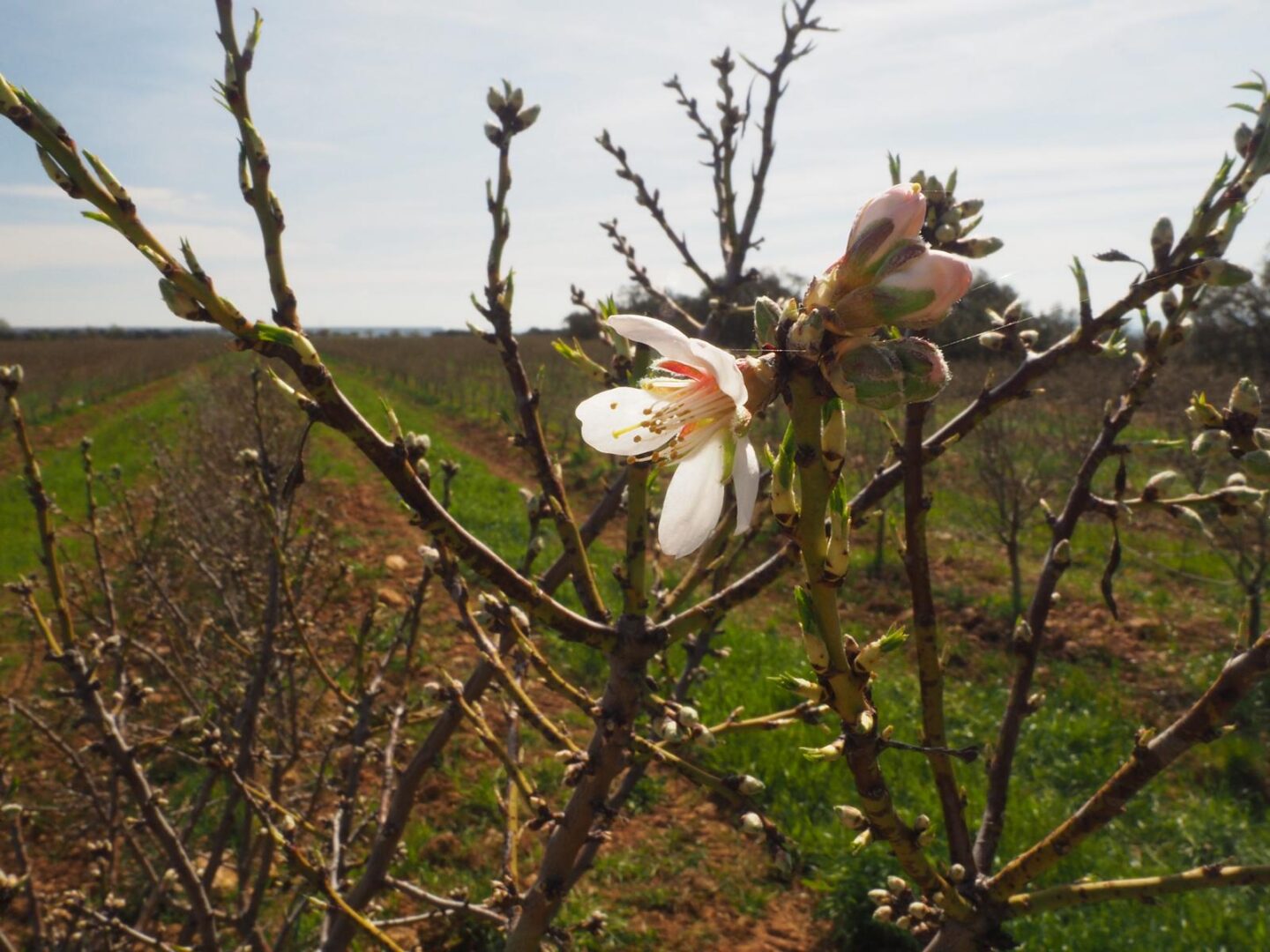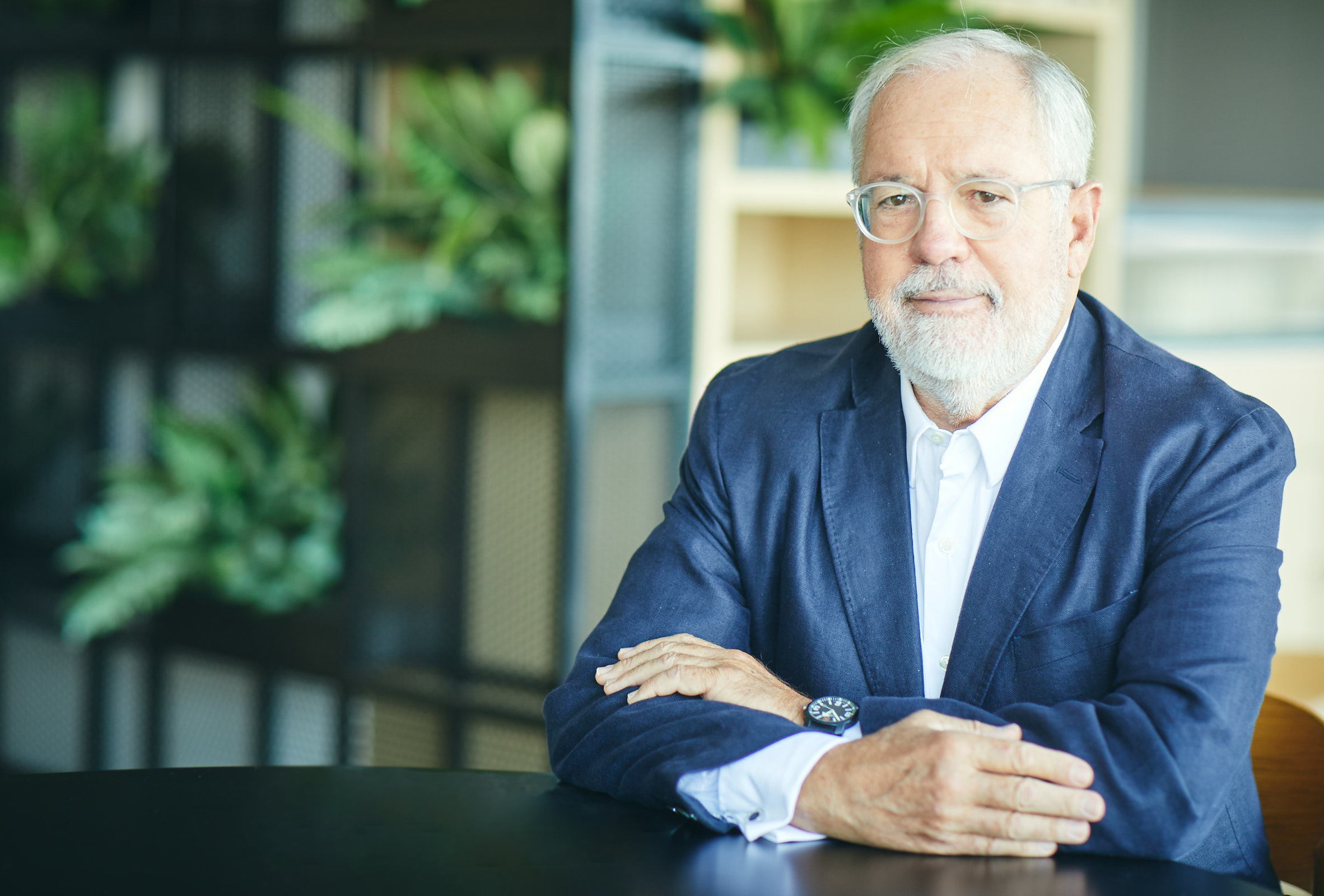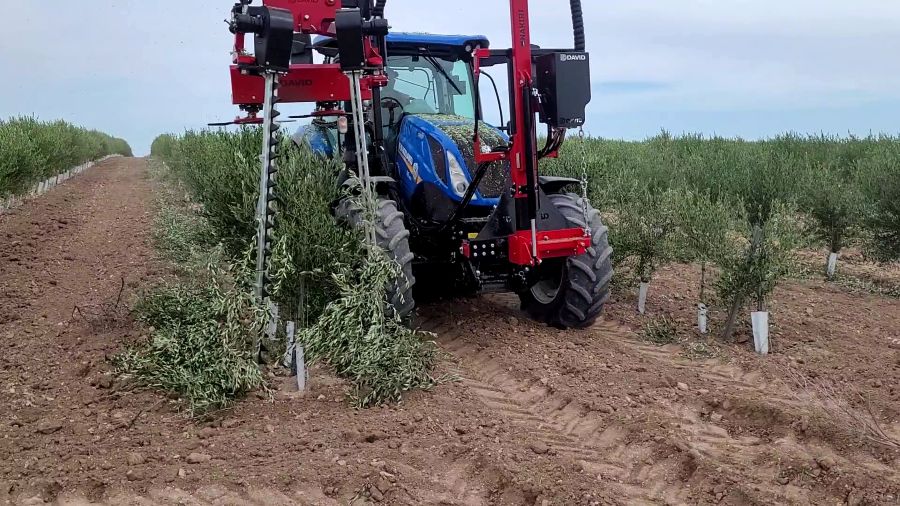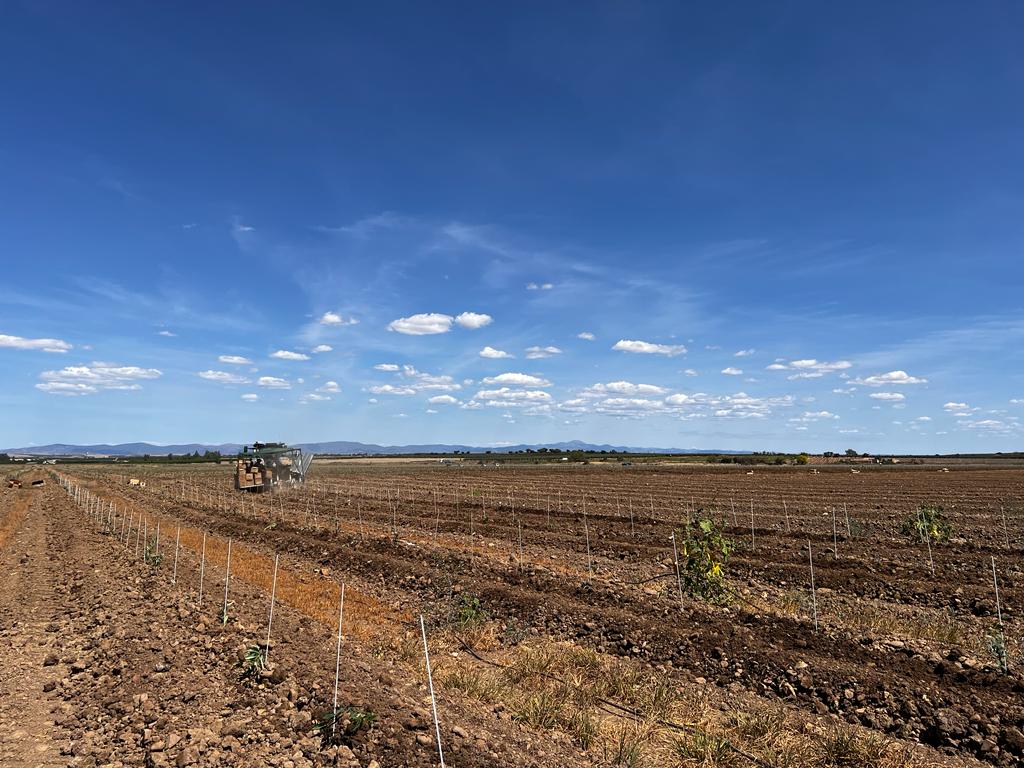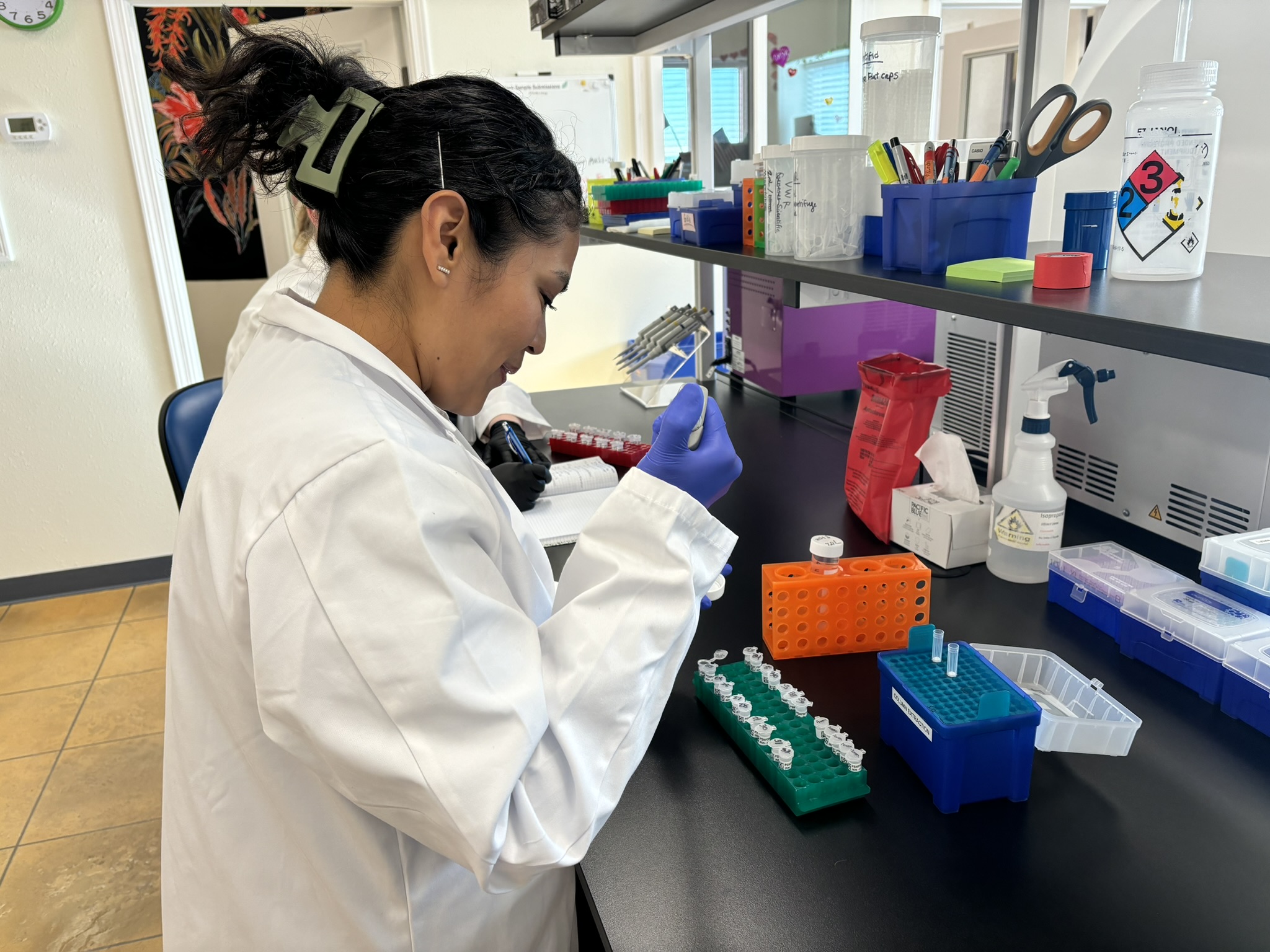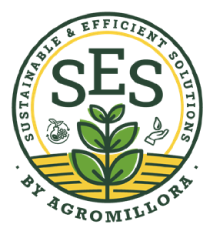The Future of Dryland Farming: Sustainability and Profitability in Southern European Agriculture
Dryland farming is increasingly emerging as a viable and promising option for the future of agriculture in southern Europe.
In countries such as Spain and Portugal, numerous investment groups are already driving a profound transformation of the rural landscape, focusing on soil regeneration and land adaptation to maximize productive potential. This evolution responds to a combination of factors converging toward a more profitable, resilient, and sustainable model.
One of the main drivers of this change is the rising value of agricultural land. As the most lucrative solar energy projects reach saturation, dryland farms are gaining prominence, increasing their economic value. At the same time, advances in plant genetics have made it possible to develop varieties better suited to dry conditions, boosting productivity and, consequently, crop profitability.
In addition, initiatives centered on the circular economy are strengthening the strategic value of sustainability and creating new business opportunities tied to the efficient use of resources.
Intensive dryland farming offers significant advantages over irrigated systems, particularly in terms of costs and initial investment. The land is more affordable, and production processes require fewer water resources, lowering the entry barrier for farmers and investors. Furthermore, the combination of advanced genetics and mechanization allows competitive production volumes to be achieved without compromising environmental balance.
This approach also enables synergies with other sectors, such as livestock farming, promoting more diverse and resilient agricultural ecosystems.
Sustainability is not merely an added value — it is a true driver of profitability. It already allows the development of parallel business lines and the creation of “cross-selling” models within the rural economy. In the long term, it impacts not only annual revenues but also asset value and the overall vitality of rural territories. This cross-cutting approach is guiding the most innovative players in the sector toward a model where regeneration, efficiency, and economic return coexist in harmony.
Within this new paradigm, crops such as olive and almond trees stand out for their potential. Both tree species have greatly benefited from genetic advancements, enabling more profitable, mechanizable production with lower costs. Their strong demand and recognized value in international markets make them strategic choices for intensive or super-intensive dryland farming models.

In this context, agricultural investment not only promotes profitability but also becomes a key lever for soil regeneration. This aspect is essential for ensuring long-term sustainability: it preserves assets, improves water efficiency, increases yields, and enhances the value of the rural landscape. Moreover, regeneration prevents destructive practices such as tree removal, aligning the model with environmental stewardship principles.
Another fundamental pillar of this transformative approach is the ability to retain population in rural areas. The creation of tangible economic and social opportunities strengthens local structures — families, cooperatives, and small farms — contributing to a fairer distribution of development. Without the support of institutional investors, implementing this sustainable and profitable vision on a large scale would be difficult.
Ultimately, the future of dryland agriculture in southern Europe looks promising. The combination of sustainability, technological innovation, and soil regeneration demonstrates that it is possible to build an agricultural model that is both profitable and environmentally respectful. Pioneering companies are already leading the way, proving that the balance between economic profitability and environmental sustainability is not only desirable but achievable.
